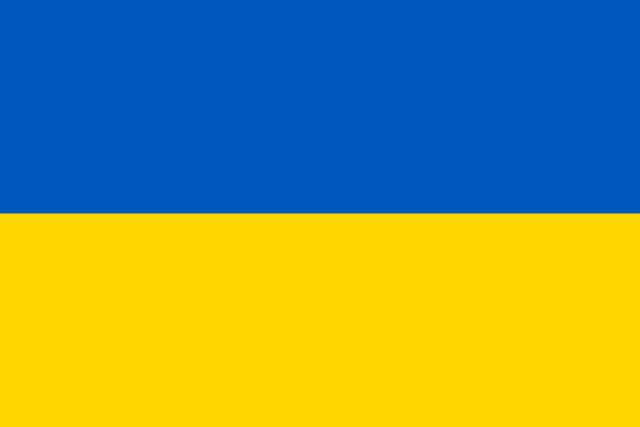Having just emerged from the Covid pandemic, the global tourism sector is now facing the consequences of the war in Ukraine.
Obviously the human toll of the war and the humanitarian crisis is paramount but we cannot ignore the threat that the conflict has created for the tourism sector. For Europe, tourism accounts for approx. 10 percent of GDP and provides 23 million jobs. In a report by travel data company, ForwardKeys, during the first week of the war, airline bookings within Europe fell by 23 percent and trans-Atlantic bookings to European countries fell by 13 percent.
Outbound Tourism from Russia
Russian tourists represent a significant market for European, Asian and Middle Eastern destinations. Data from GlobalData’s Tourism Demands and Flows Database reveals that in 2021 Turkey was the no. 1 destination of choice for Russian tourists, followed by China, Kazakhstan, Thailand and the UAE.
Following the sanctions imposed on Russia, its citizens have been advised not to travel to any of the countries imposing sanctions, so as a result, many European destinations are now off limits for Russian travellers. Some Mediterranean resorts whose economies are heavily reliant on Russian tourists are expected to be hit hard.
Inbound Tourism to Bordering Countries
In terms of inbound tourism, those countries bordering (and in close proximity to) Ukraine will be particularly impacted (eg. Poland, Bulgaria, Croatia, Estonia and Hungary) and possibly countries in Central and Eastern Europe. The flow of refugees into these countries could also lead to restrictions being imposed on travel into these areas and many travel operators are focusing their effort on helping refugees fleeing war torn areas in the Ukraine.
Recovery ‘Deferred but Not Totally Derailed’
Following two years of restricted travel, interest in western European destinations such as Spain, Greece, France and Italy looks more promising with recovery to previous pre-Covid numbers expected by 2024, although this year will obviously see less visitors than predicted. David Goodger, Managing Director for Europe and Middle East at Tourism Economics says that ‘adjusted forecasts for visitor arrivals show a deferred recovery but it is not totally derailed’.
Transatlantic travel is on the rise, although it is thought that the US (particularly North Americans) and Asian travel markets, which are typically more risk averse, may be put off travelling to Europe in case the conflict spreads.
Trust and confidence has been affected with some tourists experiencing feelings of guilt about taking holidays while so many people are suffering and operators are reporting a nervousness around travel generally. Despite that, TCI Research report, having monitored social conversations, that 2 in 3 conversations about travel to Europe are positive so there is some room for cautious optimism (find out more in the ETC webinar referred to at the end of the blog).
Indirect Consequences of the War
No fly zones over the war zone mean longer flight routes and therefore increased fuel costs, all of which will impact on air fares. Disruptions to supply chains have created a spike in oil prices, and that, combined with the cost of living increases such as heating, petrol etc. are all eating into household disposable incomes, leaving little in the budget for holidays.
The Outlook
Confidence needs to be boosted by European destinations by providing clear communication regarding the rules on inter-regional travel and total transparency about the cost of visiting.
The tourism sector is resilient and we’ve seen evidence of a post-Covid recovery in recent months. The restrictions of the last two years have created an environment where demand will remain strong and people will still want to travel, but the current climate has obviously created some uncertainty and challenges. We can only hope for the people of Ukraine and the industries affected, that peace is restored soon…
All of the points covered above are discussed in detail in a Webinar hosted by the European Travel Commission last month. To hear more about the impacts of the Ukraine war from leading experts, check out the ETC webinar on YouTube.
